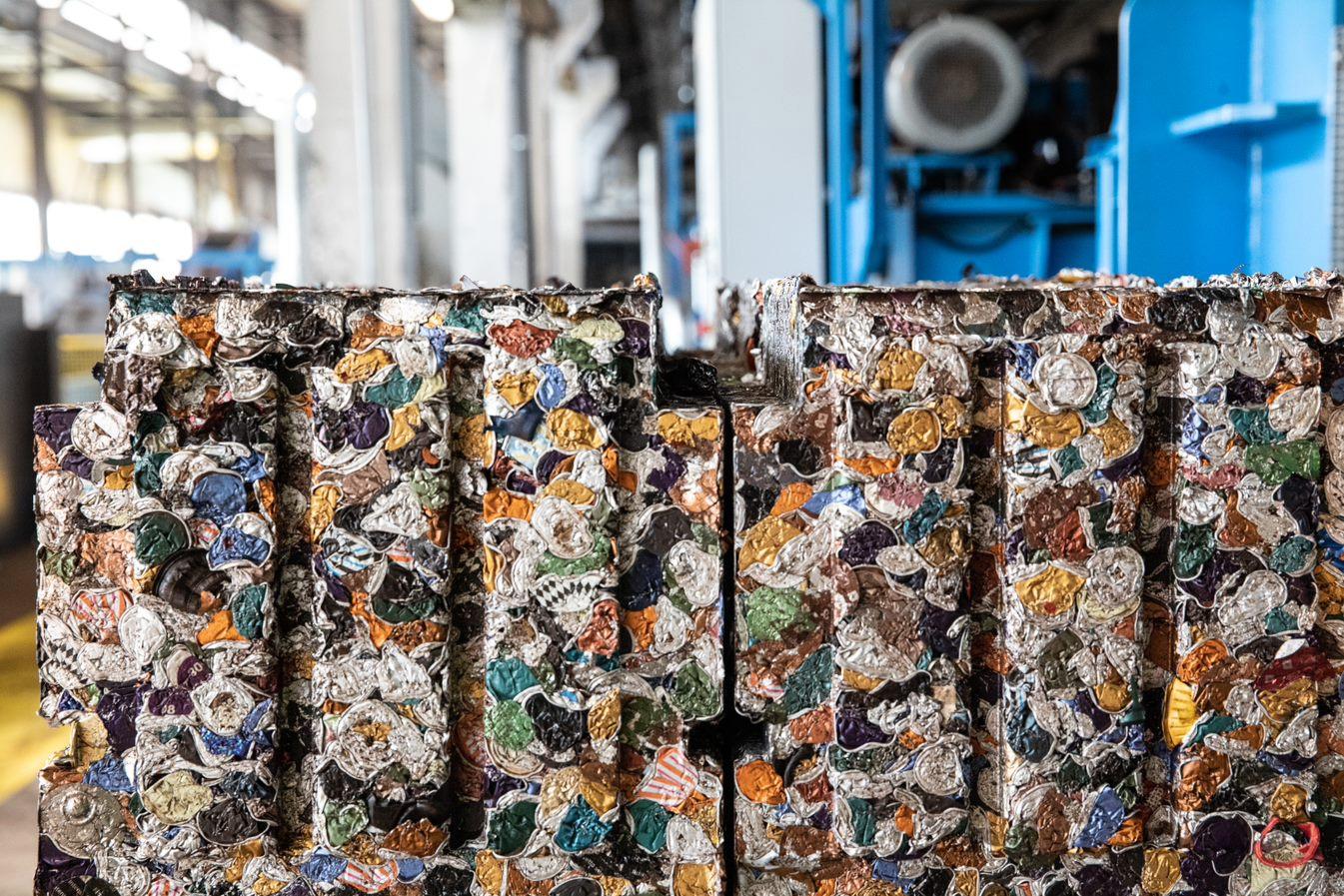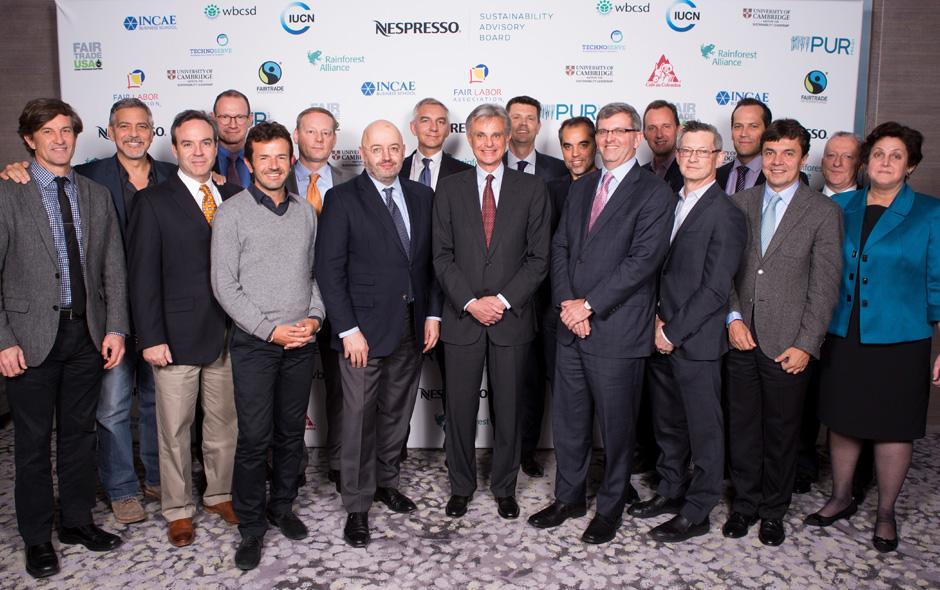The capsule recycling initiative
Nespresso today issued an invitation to other portioned coffee manufacturers to join its recycling program, paving the way for a global recycling scheme for aluminium coffee capsules. The move was endorsed by the Nespresso Sustainability Advisory Board (NSAB) during its annual meeting in Geneva.
By inviting other portioned coffee manufacturers to join its scheme, Nespresso hopes to improve the accessibility and convenience of aluminium capsule recycling. Companies joining the Nespresso recycling program will also take part in defining the funding and governance model and encourage more widespread use of the service.
Jean-Marc Duvoisin, CEO of Nespresso said: “Aluminium is a valuable material and is infinitely recyclable. We have built a global scheme for recycling our capsules, and by inviting other companies to join our system, we hope to offer a solution for the whole category. This decision is aligned with our global initiatives to shape a waste-free future and drive behaviour change towards a circular economy.”
In most countries, the public recycling infrastructure is unable to process small light items such as coffee capsules, so Nespresso set up dedicated schemes 28 years ago. Today it is the most advanced in the industry, covering 53 countries with more than 100,000 drop off points. Until now was offered exclusively to Nespresso customers.
“This capsule recycling initiative by Nespresso has the potential to drive significant positive change on one of the key issues that faces the portioned coffee industry – the capsules themselves,” stated Daniel Katz, NSAB member and Chairman of the Board of the Rainforest Alliance. “Nespresso has worked with the Rainforest Alliance for 16 years on sustainably sourced coffee, and it is inspiring to see the company take ownership of aluminium recycling, helping lead the way and engage competitors, and driving towards a potential global solution to coffee capsule recycling.”
The aluminium from recycled Nespresso capsules has many and varied uses: from car engines to computers to cans, and even new coffee capsules. The coffee grounds are used to produce biogas and natural fertilizer.



